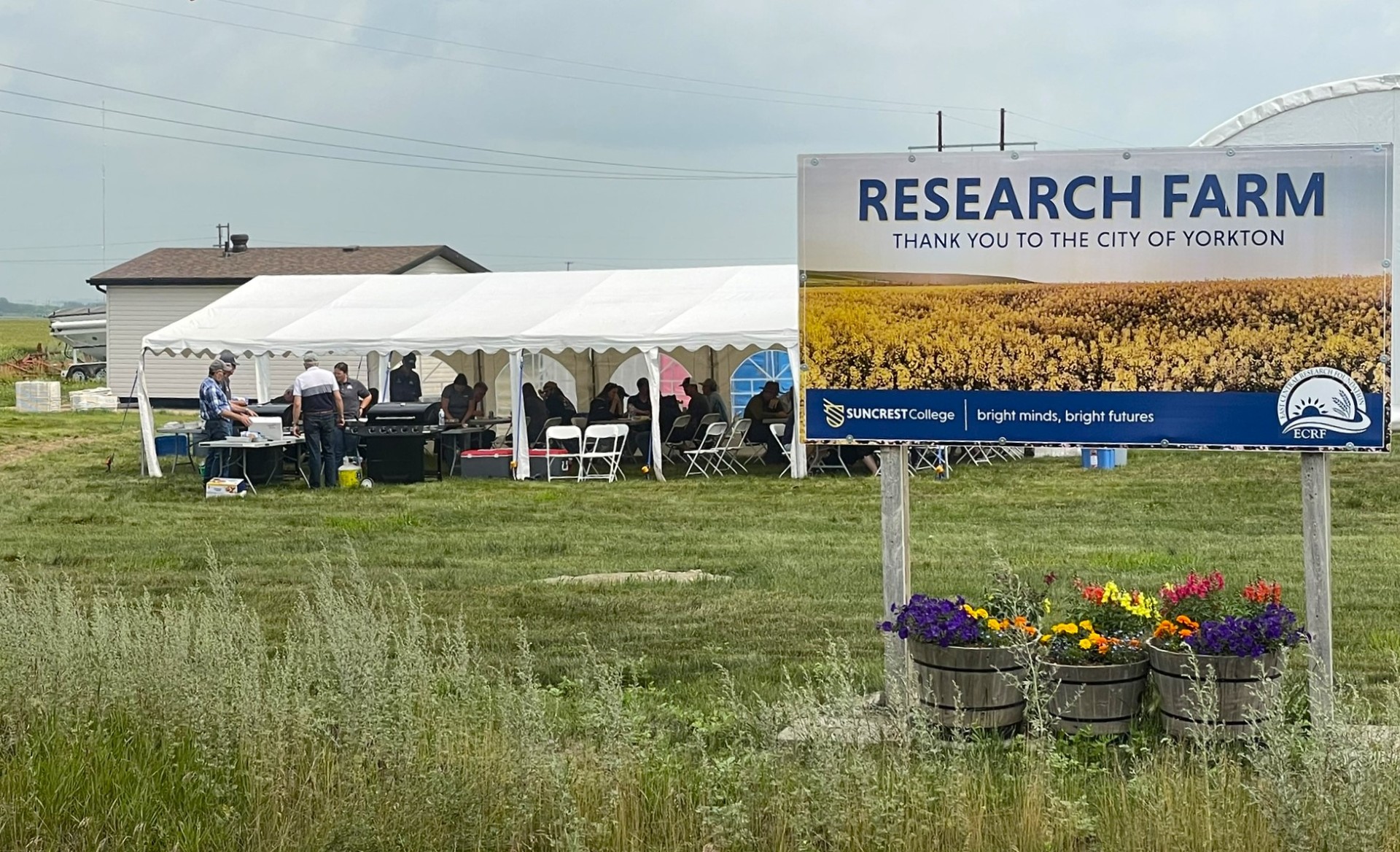The Saskatchewan Association of Rural Municipalities (SARM) is concerned over an ongoing lack of rural health support, job retention and recruitment and the operation of facilities.
President of SARM Ray Orb said that the province’s healthcare system has been under immense strain following the pandemic and that rural Saskatchewan is feeling concerned about every facet of the flow of healthcare services in rural areas.
“Service disruptions and aging facilities, alongside the ongoing struggle to recruit and retain critical healthcare staff, are ultimately leading to closures. Many without reopening dates are becoming all too common in our communities.”
With competition to attract and retain medical professionals fierce, just not province-wide but country-wide
Orb said that RMs and SARM want young families and industries to put down rural roots across the province but are unable to showcase health services as a reliable resource outside of urban centers.
Orb said that they want to see more incentives and initiatives to recruit and retain qualified healthcare professionals in rural Saskatchewan.
“We call for more opportunities for youth to aspire to stay in our RMs and have a fulfilling career in health care. We believe our next generation of service workers are in our own backyard. We should start the recruitment process in high school with educational opportunities geared towards Saskatchewan youth, which ends with employment-based in their home communities.”
He added that he believes the provincial government is on the right track with their recent announcement of expanding opportunities for health care training.
However, physicians are notably absent from the high-priority classification lists for rural Saskatchewan as well as the expansion of urban urgent care facilities to rural areas of the province desperate for consistent, modernized healthcare.
“Without adding healthcare facilities, we are asking residents to disrupt not just their afternoon for appointments, but sometimes days. We want our rural families to feel less burdened to travel extensive distances for medical care, not only for specialists but for basic family medicine.
“For many living in rural communities, they can’t make it work because of the additional burden of costs incurred like missed work, fuel, food, and accommodations while they are away.” he continued.
Orb adds that they would also like to see rural voices have a bigger role in the healthcare conversation.








